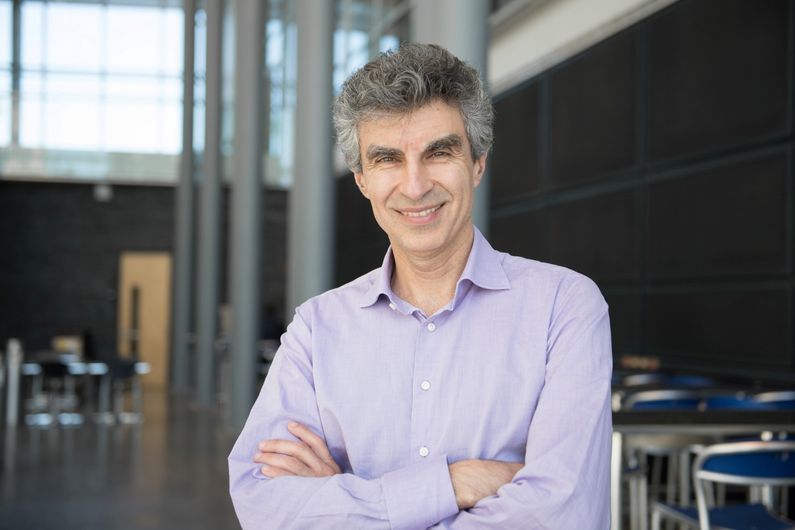Yoshua Bengio to shepherd a report on the risks of AI
- UdeMNouvelles
11/02/2023
Winding up its AI Safety Summit today and looking forward to the next, the British government tasked Mila's scientific director to take a "state of science" look at where "frontier AI" is headed.
Yoshua Bengio has another important task ahead: to chair the drafting of a "state of science" report into what "frontier artificial intelligence" is capable of doing now, where it is headed, and what risks are involved.
The mandate was given to Bengio – a computer-science professor at Université de Montréal and founder and scientific director of its affiliated Mila - Quebec Artificial Intelligence Institute – by the British government, which hosted a two-day summit on AI that concluded today.
The aim of Bengio's report will be to facilitate a common scientific understanding of the risks associated with advanced AI systems, and to maintain this understanding as the possibilities of AI continue to grow.
The document will summarize research and identify research priorities, providing a synthesis of current knowledge on the risks associated with advanced AI. It will build on a declaration on AI made Wednesday by the U.K, U.S., Canada, European Union and 25 other jurisdictions.
'Encouraged to see'
“Throughout the AI Safety Summit, I was encouraged to see how seriously different governments, companies and civil society groups are taking the issues surrounding the rapid development of frontier AI systems," said Bengio, a Turing Award winner.
"It is crucial that these key stakeholders come together to think about how to mitigate the risks they pose to our democracies and societies. In order to start collaborating on an international scale, it is essential to establish the scientific lay of the land on the risks and capacities of these systems."
British prime minister Rishi Sunak hosted the international summit attended by influential industrialists such as Elon Musk and experts from around the world including Bengio and UdeM health law professor Catherine Régis.
In overseeing the status report, which will stop short of making policy or regulatory recommendations, Bengio will be supported by a diverse group of leading AI academics, an advisory panel of international experts, and a secretariat set up by the British government.
The report will be published ahead of the next AI Safety Summit, in France in 2024.











